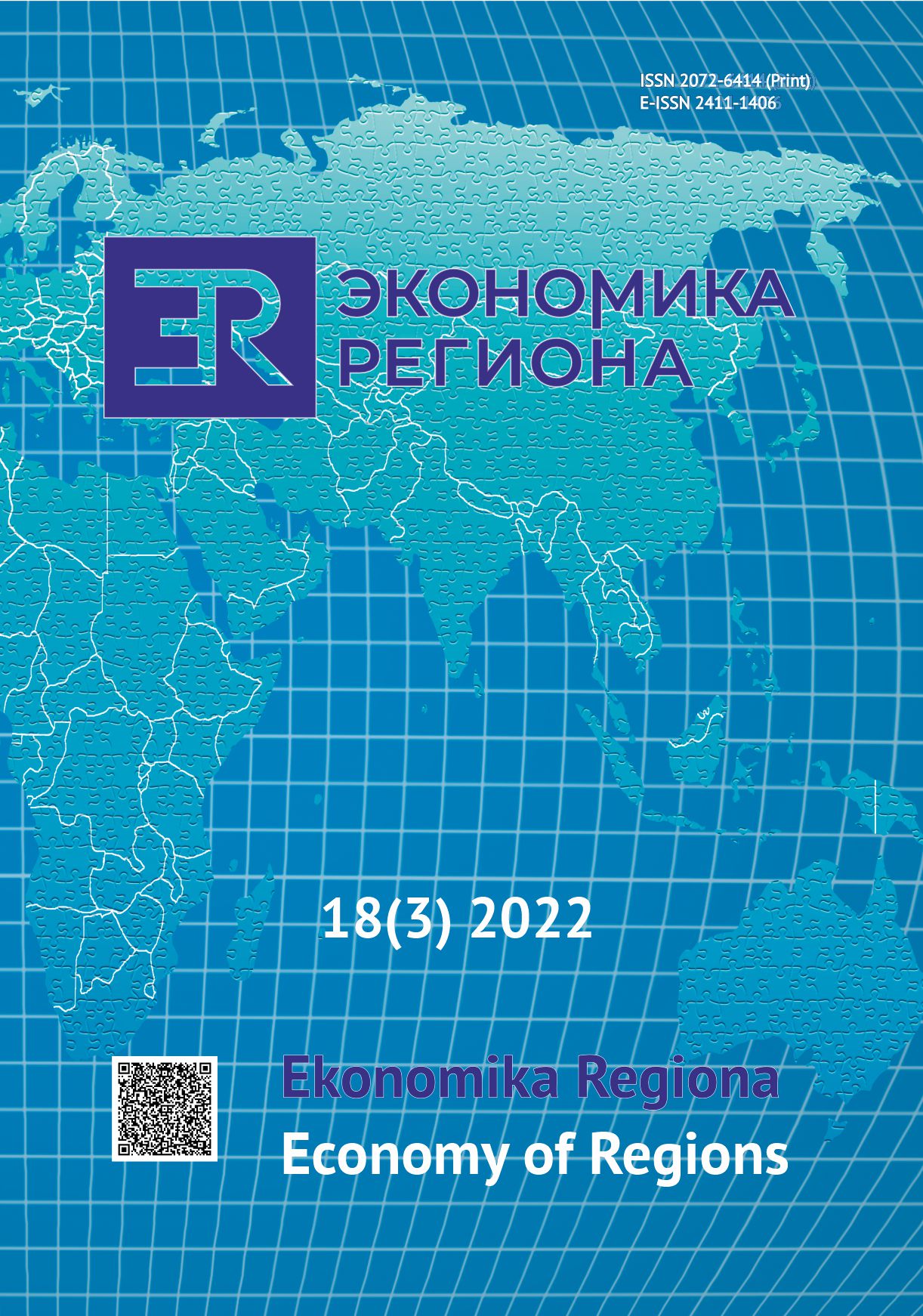Оценка вклада МСП в выпуск продукции городов республиканского значения Казахстана
Assessment of the Contribution of Small and Medium-Sized Enterprises to the Output of the Cities of Republican Significance in Kazakhstan
Author(s): Nazym UruzbayevaSubject(s): Business Economy / Management, Labor relations
Published by: Институт экономики Уральского отделения Российской академии наук
Keywords: small and medium-sized entrepreneurship; correlation dependence; cities of republican significance; operating SMEs; output; gross regional product; structure of the SME sector; labour productivity;
Summary/Abstract: Small and medium-sized enterprises (SME) development in the regions of Kazakhstan is characterised by substantial imbalances. The cities of republican significance — Nur-Sultan and Almaty — are leading in terms of SME performance indicators. However, the quantitative development of such enterprises in these cities does not always lead to a corresponding increase in their contribution to output. Meanwhile, literature lacks studies on this relationship and its causal analysis necessary to provide scientific substantiation of the state policy to support SME development in regions. The present article aims to assess the contribution of SMEs to the output of the cities of republican significance and find solutions to the problems hindering business development. It is hypothesised that there is a weak linear correlation between the number of operating SMEs and output in Nur-Sultan and Almaty. The study utilised the Pearson correlation method, comparative and causal analysis. The presence of a positive correlation between the number of operating SMEs and the production output in the studied regions was confirmed, although, according to the correlation coefficient value, this relationship is weak. The suboptimal structure of the SME sector, as well as the low labour productivity in small enterprises are the key reasons for the weak correlation. Recommendations to stimulate the activities of SMEs were formulated based on the analysis of hindering factors (including inefficient government support). It is concluded that the reduction of the SME sector due to the COVID-19 pandemic in some way positively affected the market, since ineffectively functioning entities were eliminated. Thus, the state should focus on the targeted support and directly stimulate strong players capable of self-renewal. The research results can be useful to the state and local authorities to create measures to support SMEs and regional business regulation policy.
Journal: Экономика региона
- Issue Year: 18/2022
- Issue No: 3
- Page Range: 867-881
- Page Count: 15
- Language: Russian

